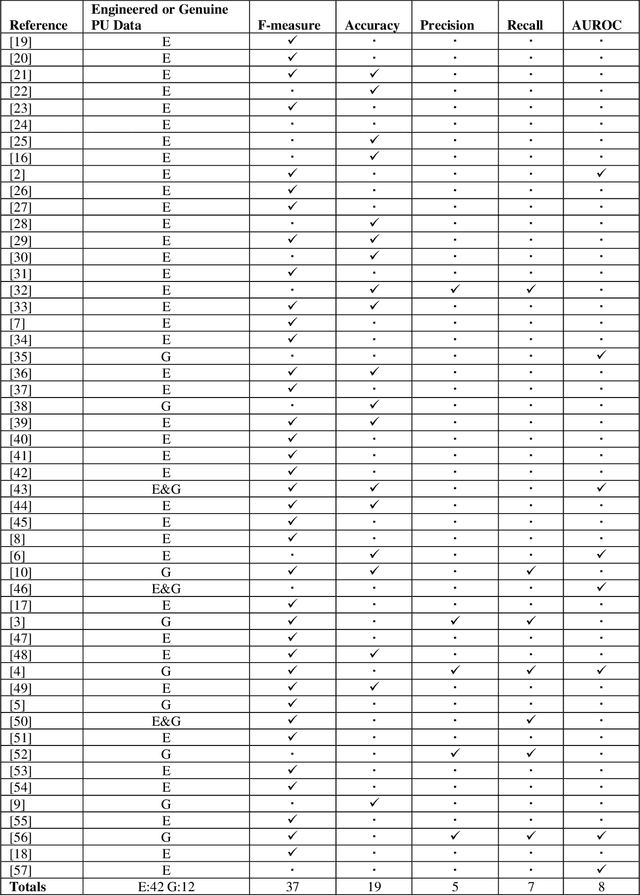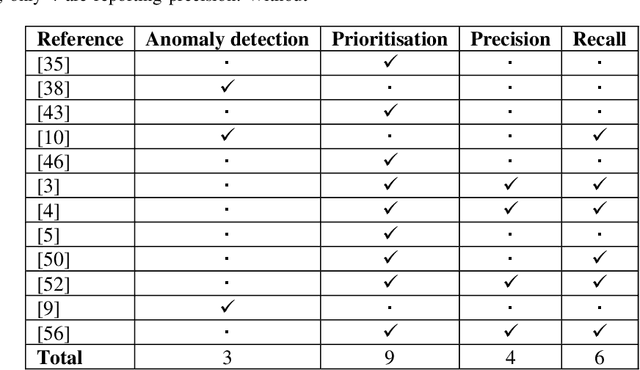Jack D. Saunders
Automated Machine Learning for Positive-Unlabelled Learning
Jan 12, 2024Abstract:Positive-Unlabelled (PU) learning is a growing field of machine learning that aims to learn classifiers from data consisting of labelled positive and unlabelled instances, which can be in reality positive or negative, but whose label is unknown. An extensive number of methods have been proposed to address PU learning over the last two decades, so many so that selecting an optimal method for a given PU learning task presents a challenge. Our previous work has addressed this by proposing GA-Auto-PU, the first Automated Machine Learning (Auto-ML) system for PU learning. In this work, we propose two new Auto-ML systems for PU learning: BO-Auto-PU, based on a Bayesian Optimisation approach, and EBO-Auto-PU, based on a novel evolutionary/Bayesian optimisation approach. We also present an extensive evaluation of the three Auto-ML systems, comparing them to each other and to well-established PU learning methods across 60 datasets (20 real-world datasets, each with 3 versions in terms of PU learning characteristics).
Evaluating the Predictive Performance of Positive-Unlabelled Classifiers: a brief critical review and practical recommendations for improvement
Jun 06, 2022

Abstract:Positive-Unlabelled (PU) learning is a growing area of machine learning that aims to learn classifiers from data consisting of labelled positive and unlabelled instances. Whilst much work has been done proposing methods for PU learning, little has been written on the subject of evaluating these methods. Many popular standard classification metrics cannot be precisely calculated due to the absence of fully labelled data, so alternative approaches must be taken. This short commentary paper critically reviews the main PU learning evaluation approaches and the choice of predictive accuracy measures in 51 articles proposing PU classifiers and provides practical recommendations for improvements in this area.
 Add to Chrome
Add to Chrome Add to Firefox
Add to Firefox Add to Edge
Add to Edge